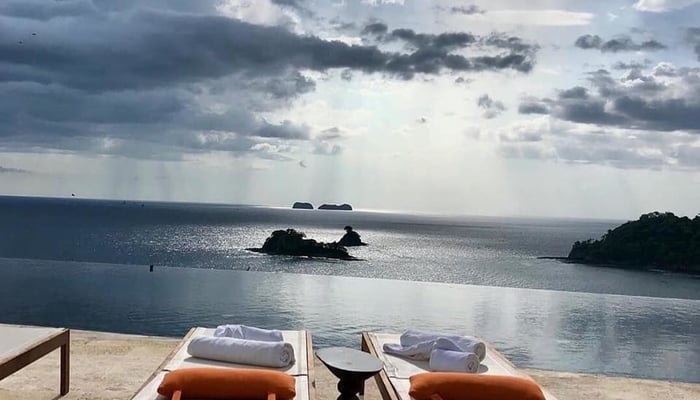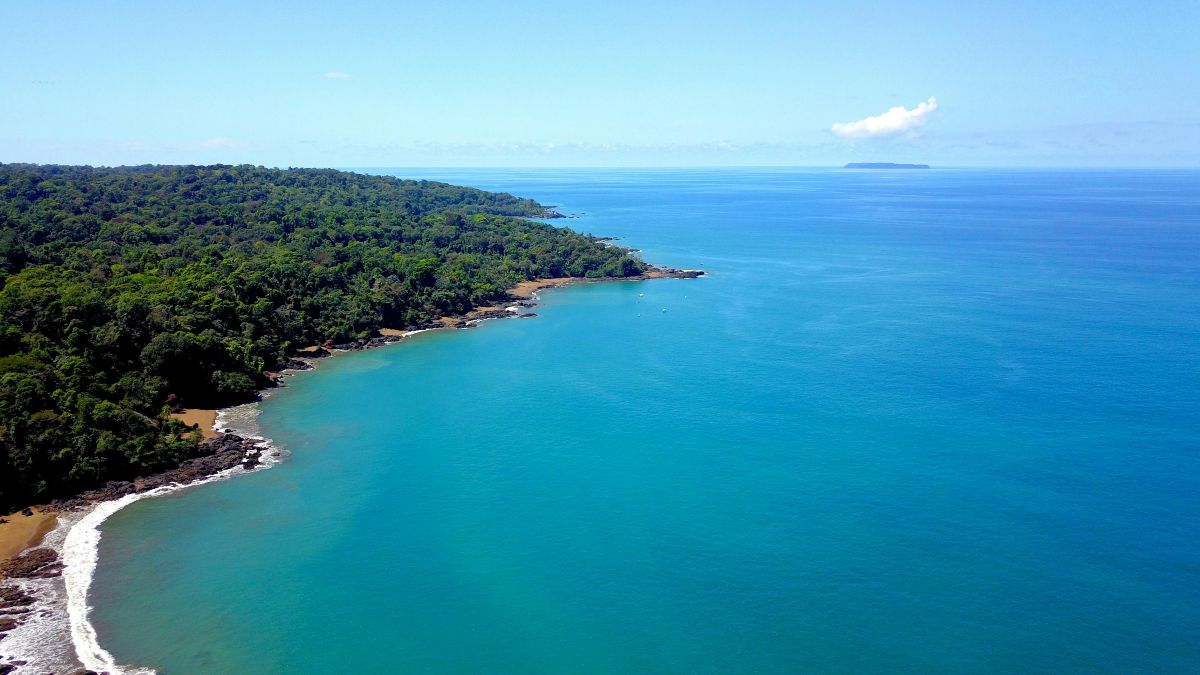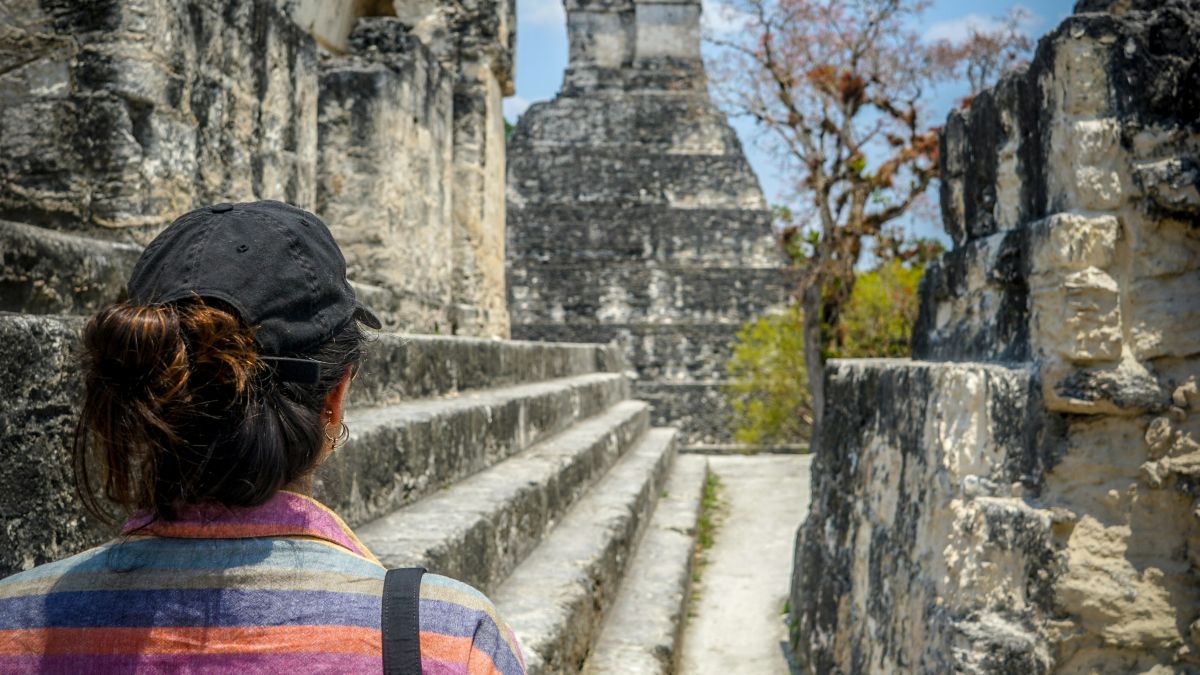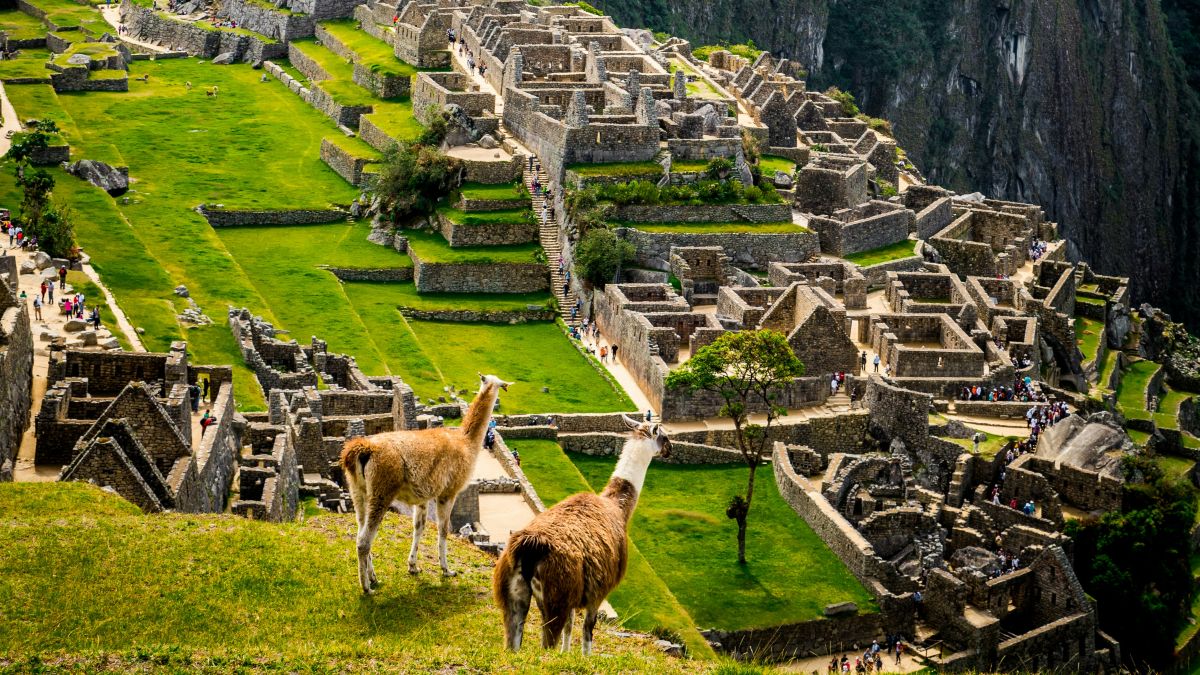Since Costa Rica announced its guidelines and entry requirements for tourists, it has faced mounting criticism. Some of this criticism has been fair, and some not so much. The overwhelming theme of restarting tourism to Costa Rica has been, well, complication. So isn’t it time, for everyone’s sake, to simplify things? It needn’t be so difficult.
Whenever I sound off with my opinions on this site, I always feel like a grouch with nothing good to say about anyone. I guess it’s one of those years, right? But this time, I want to start with something good to say. Something positive.
I want to thank Costa Rica for U-turning on the ridiculous and unfair INS insurance policy they had in place. Not everyone can admit their mistakes, but dropping this rule is a great move. It shows you’re willing to listen to advice and amend things in real time. Thank you.
But now, here comes the grouch. That alternate insurance plan. Hmmm…
It’s much better than monopolizing the whole thing, for sure. A million times better than what it was.
COVID-19 Confusion Reigns in Costa Rica. On a day of confusion and mixed messages in Costa Rica, we try to cut through the crap and read between the lines. And rant a little.https://t.co/Cr1FyXNKaA
— CentralAmericaLiving (@VidaAmerica) July 30, 2020
But it’s not exactly straightforward and simple, is it? In difficult times, shouldn’t we be trying to simplify things?
Right now, a tourist can visit Costa Rica with an insurance plan from their own country. A way more competitive plan than the INS original. That’s fine and dandy and appreciated. All good. But like everything else we’re seeing here, it’s needlessly complicated.
Because when you buy your insurance, you – the tourist – have to contact the ICT and request they check and see it it works for them or not. I’m not sure how this would work but it sound onerous and open to error, delay, and stress.
According to the Tico Times, this is the step-by-step process you have to go through with your travel insurance. (Thanks and apologies to the TT for our copy and pasting part of your article below):
-
- The Costa Rica Tourism Board will receive a request from the tourist. That request must include:
1) A signed declaration indicating the policy meets the requirements.
2) Proof from the insurance company indicating the policy covers the tourist(s). - Tourists will receive a response to their request within 24 hours on workdays, or 48 hours on weekends/holidays.
- If the policy does not meet the requirements, the tourist will be notified. They will have 24 hours to correct the issue, or they can purchase a plan that has been pre-approved by the General Insurance Superintendency.
- If the policy meets requirements and is approved, ICT will send the tourist a QR code that must be shown to Costa Rican immigration authorities at the airport. The relevant documents from Step 1 must also be submitted as part of the digital Health Pass that is required for all travelers.
- The Costa Rica Tourism Board will receive a request from the tourist. That request must include:
Costa Rica will welcome tourists who obtain any qualifying travel insurance policy, even if the policy was not purchased through the National Insurance Institute (INS): https://t.co/nkfVFoQu9U
— The Tico Times (@TheTicoTimes) August 6, 2020
“It still sounds like a giant pain in the butt,” someone wrote on the Costa Rica for Expats Facebook group.
So why not simplify this to save time, money, stress, and unnecessary effort? Let’s just let the tourist buy their insurance. That’s it.
There are plenty of countries that demanded visitors had health insurance, even before COVID. I know that in most of them you didn’t have to go through a third (government) party and wait for them to verify. You simply bought the insurance. Stop trying to reinvent the wheel.
As the government appears to backtrack over forcing tourists to buy their Costa Rica insurance from the INS, we look at the outcry and wonder why this whole episode couldn’t have been avoided in the first place.https://t.co/bAUAVd9SHU
— CentralAmericaLiving (@VidaAmerica) August 1, 2020
Another complication is the COVID-19 test.
On Thursday, Amcham (the Costa Rican-North American Chamber of Commerce) pushed back against the rule where tourists need to take a COVID-19 test 48-hours before arrival in Costa Rica.
You don’t need to make it free. The tourist will know if they don’t produce their own test upon arrival, they will be tested and have to pay for it. They would then have to quarantine in a hotel for 48 hours until their results come back.
We’ve seen confusion on social media in recent days about the COVID-19 test requirements to enter Costa Rica. Let’s break it down and make it easy to know who exactly needs a test and who does not.https://t.co/ts7j8jdkC7
— CentralAmericaLiving (@VidaAmerica) August 5, 2020
Earlier this week, Amcham had another request. They asked the government to allow American tourists back into Costa Rica.
Controversial? Maybe. But it shouldn’t be. It should be simple.
“Most airlines that fly to Costa Rica come from the United States and provide the highest frequency of direct flights. Historically, Americans make up the largest group of tourists, making it illogical to exclude them.”
Unemployment in Costa Rica reaches 24%, the highest in its history: https://t.co/otXW6WYFen
— The Tico Times (@TheTicoTimes) August 7, 2020
When you think of it, blocking people from Costa Rica because of their nationality is absurd when you need a COVID-19 test to get in.
DeBoom believes there’s a way to let Americans in. It’s along the same lines as my thoughts above about testing, although slightly different.
I might differ a little with deBoom on the details, but I fully agree with the premise of what he’s saying.
As the global travel industry comes to terms with the new normal, Justin deBoom talks about what @CRVTravel is doing to survive.#travelindustry #travelagent https://t.co/0QecXthCbK pic.twitter.com/qZu2rjVtY7
— CentralAmericaLiving (@VidaAmerica) April 30, 2020
So let’s make the whole thing simple in a complicated and confused world.
If their results are negative, they go on their way. If positive, well, that’s where their insurance kicks in.
I see no reason why travel to Costa Rica can’t be safe and simple, even during these strange times.
More people would come, which would help reactivate a cratering economy before it’s too late. Because pretty soon it might well be too late to reactivate the economy.
And that will kill more people than COVID-19 ever will.
James Dyde is the editor of www.centralamerica.com. He lives in Escazu, Costa Rica.




